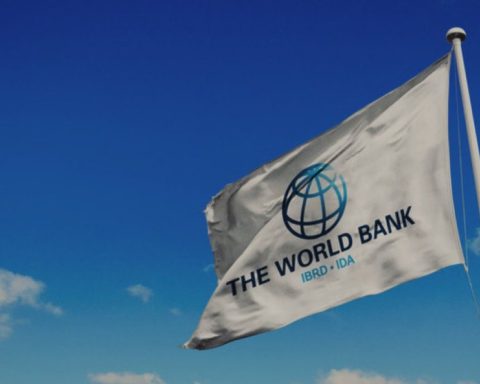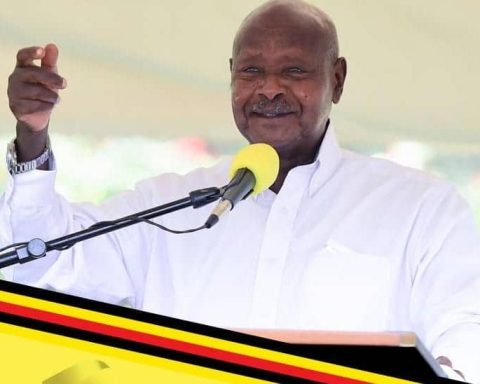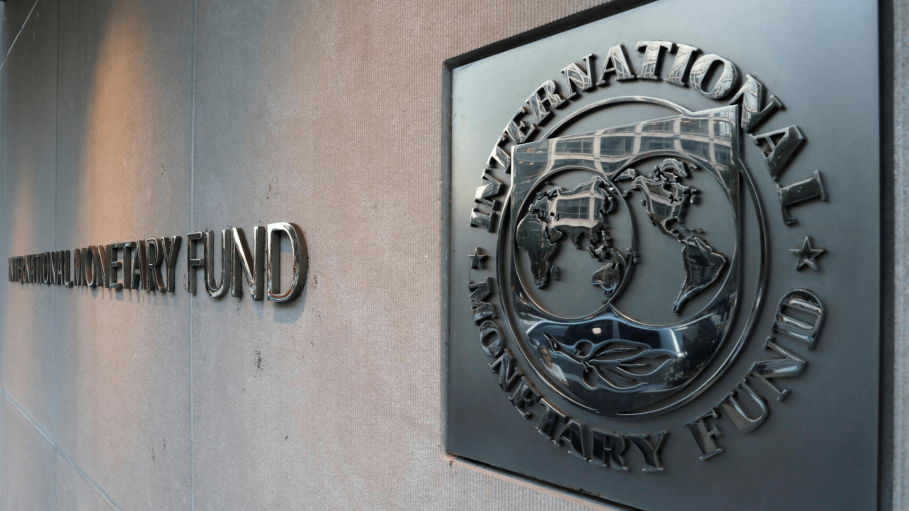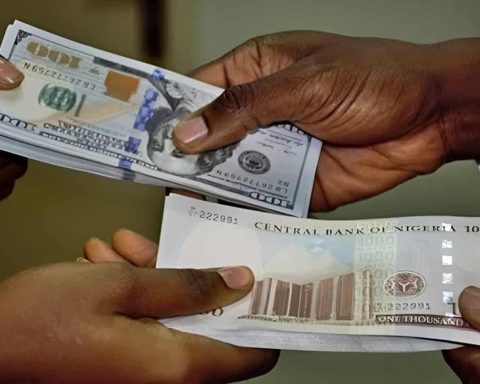The President of the World Bank, David Malpass, has proffered solutions to the piling debt of Nigeria and other developing countries.
Malpass said the World Bank is proposing the suspension of debt-service payments by developing nations at some point, to enable the poor countries to seal a repayment deal that will come with incentives.
Join our WhatsApp ChannelHe said the repayment plan will not affect the ability of the developing countries to repay their debt to multilateral and bilateral creditors.
The World Bank big shot also suggested that the International Monetary Fund (IMF) will apply its lending into arrears policy as a measure to restructure the debt profile of the affected countries.
Malpass spoke about the plan to restructure the debt profile of the developing countries in a blog post and during a call with reporters at the ongoing Spring Meetings, which started on 10 April and will end on the 16 of this month.
Addressing the debt situation, Malpass said: “With the debt crisis growing larger, we must approach the meetings in the week ahead with resolve and urgency.”
“Now is the time for all parties to turn words into action. Right now, the debt overhang is just paralysing some of the countries,” Malpass added.
Meanwhile, at the Spring Meetings, the Managing Director of IMF, Kristalina Georgieva, said her organisation is speaking with developing countries to financially support Small and Medium Sized Enterprises (SMEs).
Georgieva stated the financing will serve as a cushion amid soaring inflation and high-interest rates. According to the IMF chief, it will enhance inclusive growth.
She said financial regulators have a duty to reduce inflation, as failure to stabilise prices will discourage investment and impede growth.
“Central banks do have a preoccupation to bring inflation down and it is paramount because, without price stability, there is no sound foundation for investments and for growth.
“Their job has become more complicated because of the exposure to vulnerabilities in the financial sector. That means attention has to be paid to financial stability. Fortunately, they have different tools they can apply to deal with these two different problems.
“They can fight inflation by keeping interest rates higher for longer and they can provide targeted liquidity should there be a need to bring down risks to financial stability,” Georgieva said.














